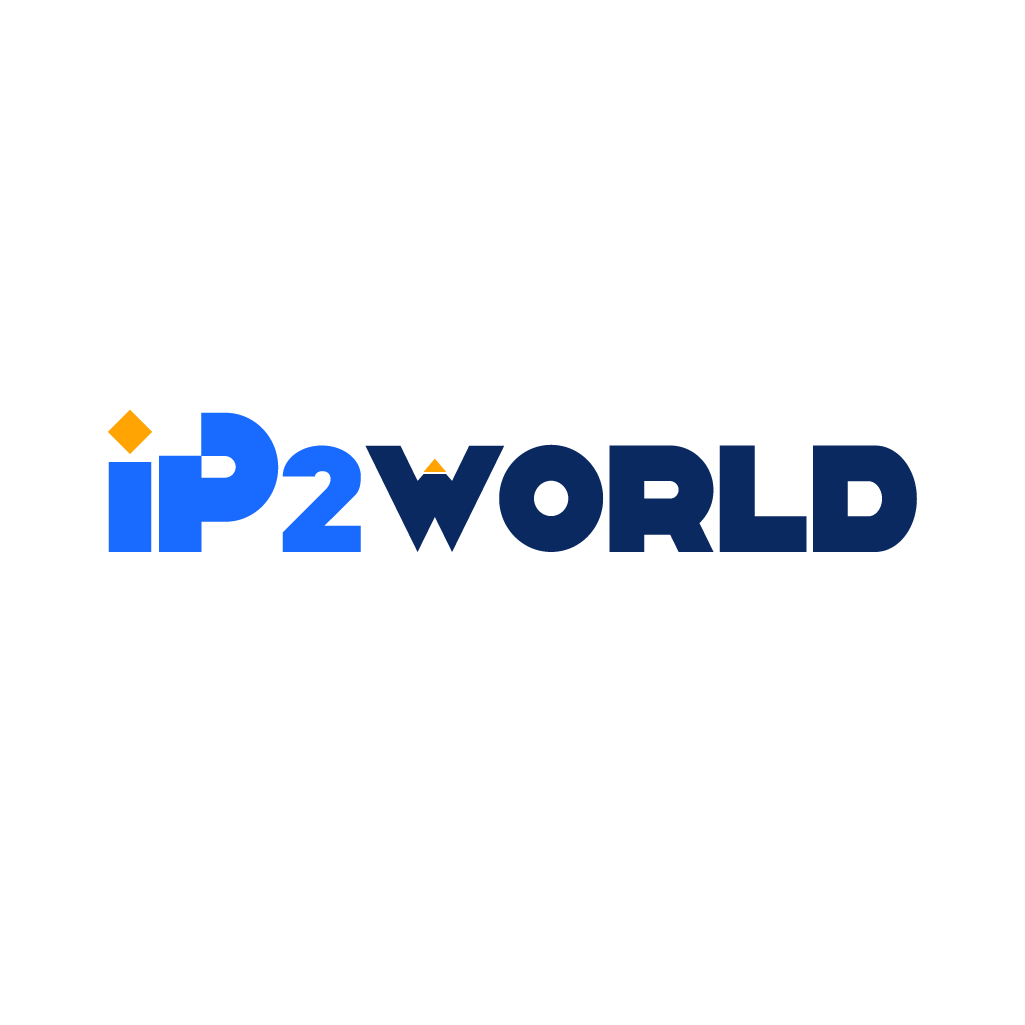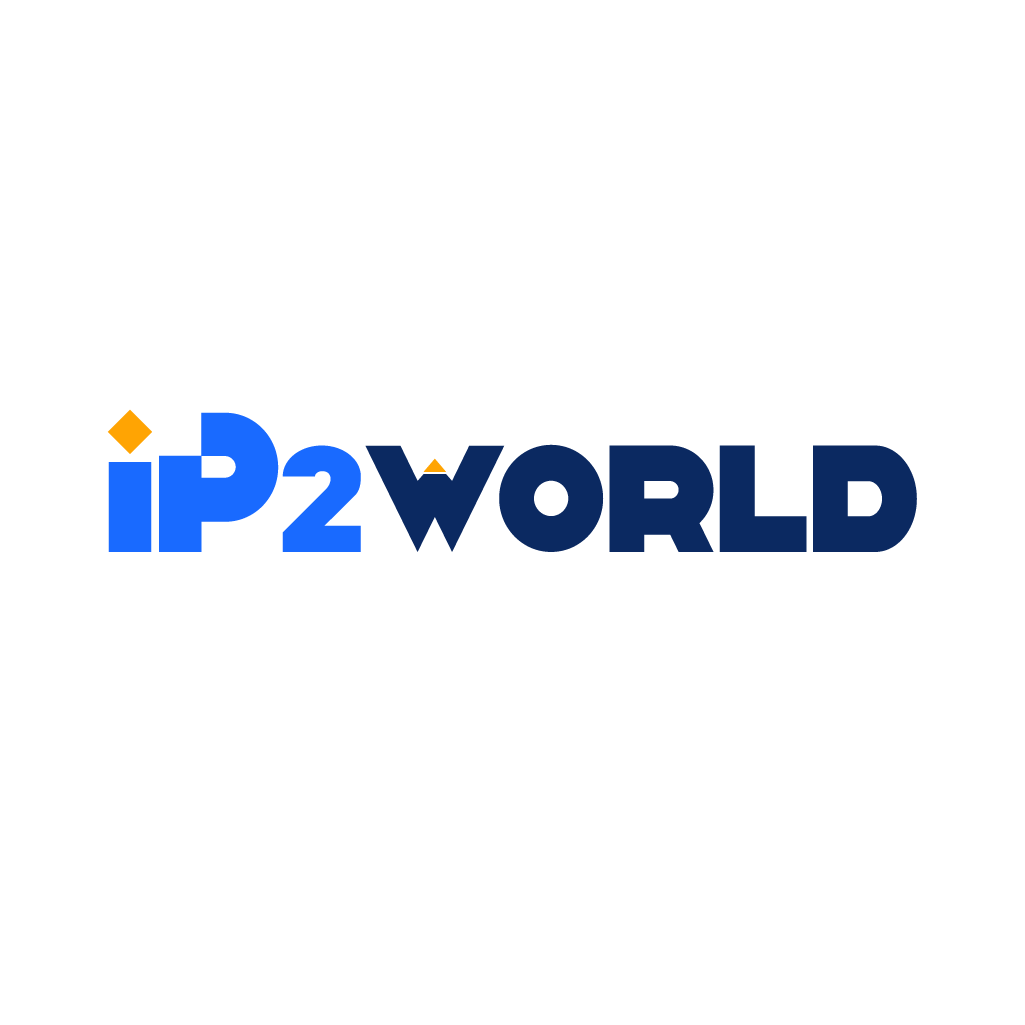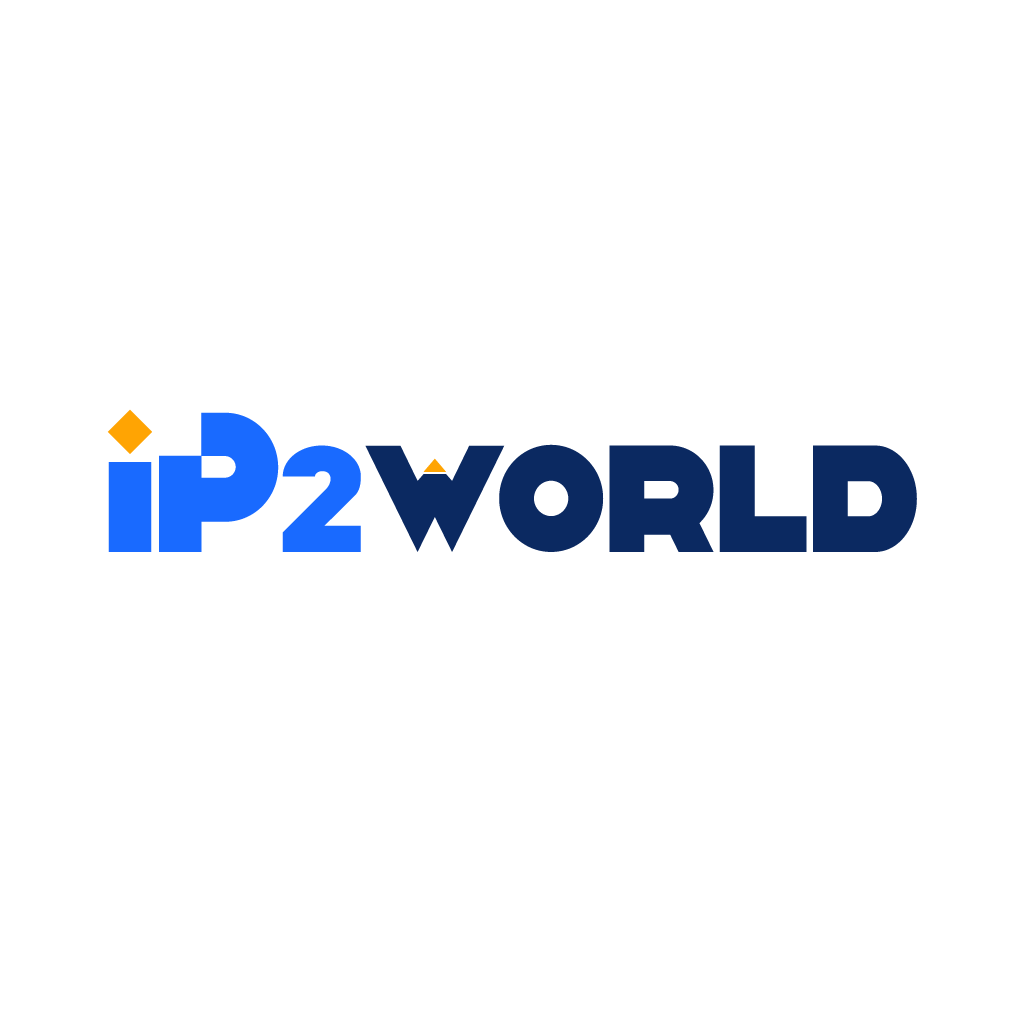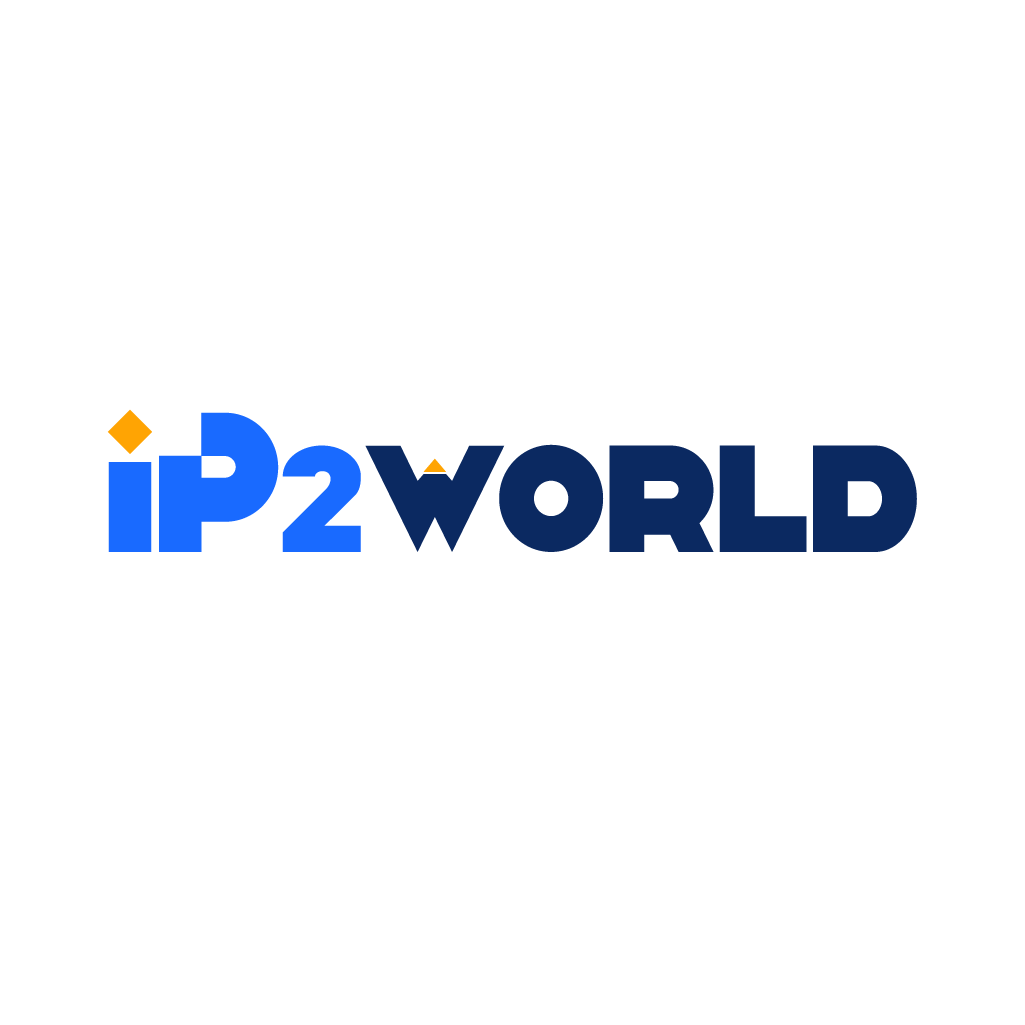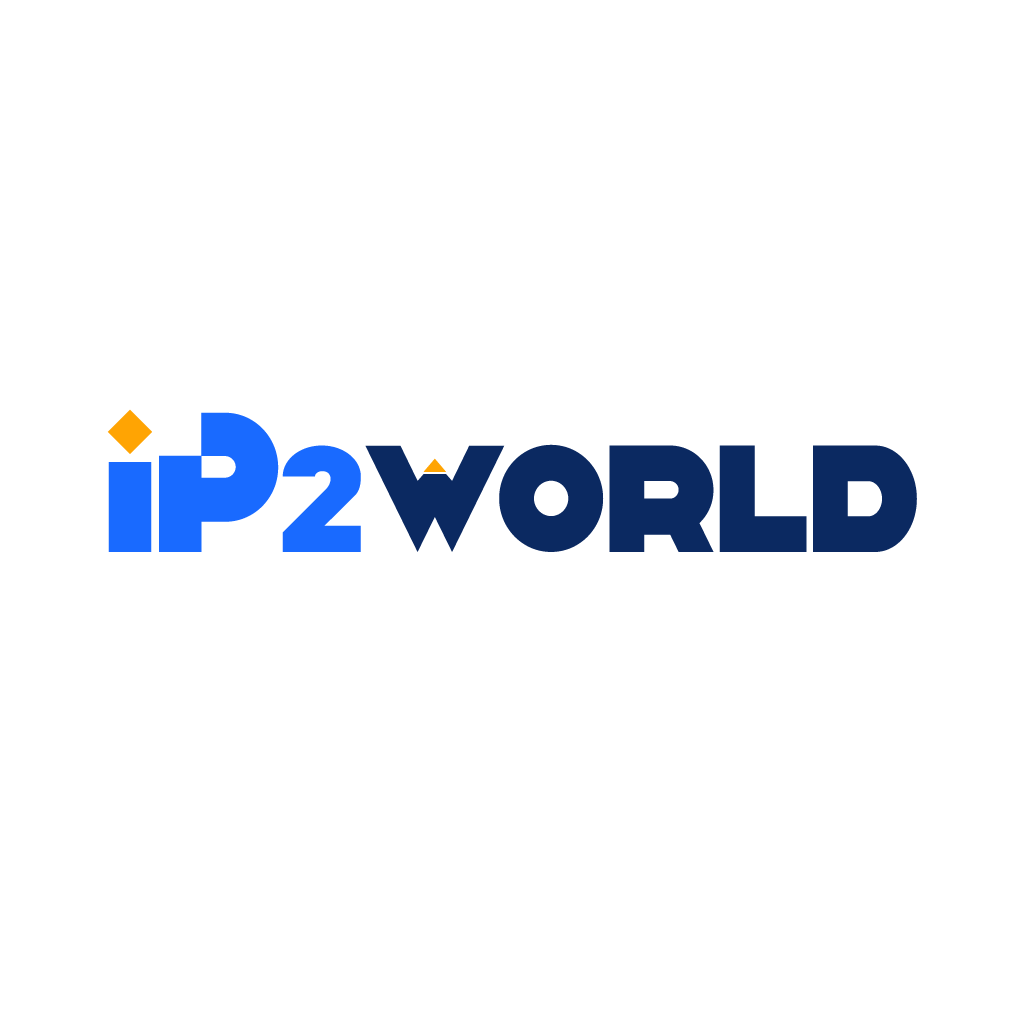Introduction With the rise of digitization and e-commerce, brand protection has become a complex challenge for businesses. Companies must be proactive in preventing unauthorized use of their intellectual property and understanding the tools at their disposal. This comprehensive guide will delve into brand protection, different kinds of brand infringements, and the essential role of proxies in safeguarding brands. Understanding Brand Protection Brand protection is the process and set of actions that a copyright owner takes to prevent third parties from making unauthorized use of their intellectual property. Consequences of brand infringement include loss of revenue and diminishing the brand's value. Different Types of Brand InfringementCounterfeitingCounterfeiting involves manufacturing or distributing goods that imitate a genuine brand name or intellectual property rights without consent. It can range from low-quality imitations to high-grade replicas that are indistinguishable from the original product. Example: Luxury brands like Gucci and Louis Vuitton constantly fight against counterfeiting, which significantly devalues the exclusivity and prestige of their products. Copyright InfringementCopyright infringement pertains to the unauthorized copying, distribution, or display of copyrighted works. It covers many areas, such as: Literary works (books, articles) Videos (movies, YouTube content) Images (photographs, illustrations) Sound recordings (music, podcasts) Example: A musician using a melody from another artist's song without permission can lead to copyright infringement claims. Trademark InfringementTrademark infringement occurs when another entity uses a word, phrase, symbol, or design that another business uses to distinguish its goods or services. This can confuse consumers and tarnish the reputation of the original brand. Example: A soda company using a logo very similar to Coca-Cola's distinctive script and color scheme may be accused of trademark infringement. Patent and Design TheftThis involves making, selling, or using patented products or unique designs without permission. In some industries, this is a widespread issue. Patent Theft: Making or selling an invention that has been patented by someone else. Design Infringement: Copying unique designs, often prevalent in the fashion industry. Example: Tech companies often find themselves in legal battles over patents, such as the well-known legal feud between Apple and Samsung over smartphone design patents. Real-Life ExamplesTesla Trademark Infringement Case in ChinaA man in China sued Tesla for 3.9 million euros on trademark infringement charges. He claimed that he had trademarked the "Tesla" name in English in September of 2009. This case highlights the complexities of international trademark laws, where names and logos might be protected in one jurisdiction but not in another. Outcome: The case prompted Tesla to negotiate a settlement, emphasizing the importance of due diligence in international brand protection. Introduction to Proxies and Brand Protection: An Essential Partnership In the ever-changing landscape of digital commerce, brand protection has become a pivotal concern for businesses. In this context, proxies act as valuable tools to ensure the integrity and reputation of a brand. Proxies: A Brief Overview Proxies act as intermediaries that provide anonymity by masking the user's IP address. They serve as a gateway between the user and the internet, allowing for secure and anonymous browsing. Proxies are instrumental in enabling various brand protection strategies, making them indispensable tools for businesses today. Why Proxies are Vital for Brand Protection 1. Monitoring and Detecting Infringements: Proxies enable access to websites from different geographical locations, uncovering unauthorized use of brand assets and enabling legal enforcement. 2. Web Scraping with Proxies: Proxies allow for the extraction of information from various websites. This helps in identifying fake websites or unauthorized sellers that might be illegally profiting from your products. 3. Enforcing Regional Rights: Proxies facilitate the viewing of content as it appears in different regions, ensuring compliance with regional laws and trademarks. 4. Brand Reputation Management: Proxies allow for unbiased customer sentiment analysis and continuous monitoring of brand image across various online platforms. 5. Combatting Online Fraud: Proxies aid in tracking down fraudulent websites, phishing scams, and other deceptive practices that can harm a brand's reputation. Types of Proxies for Brand Protection - Residential Proxies: These proxies use real IP addresses, making them ideal for stealthy web scraping, market research, and mimicking genuine user behavior. - Data Center Proxies: Hosted in data centers, these proxies are useful for accessing geo-restricted content, providing higher speeds, and scalability. - Mobile Proxies: Utilizing mobile devices' IP addresses, these proxies are beneficial for social media monitoring, localized searches, and mimicking actual user interactions. How Can Brand Infringement Happen? Rogue/Copycat Websites A growing concern for businesses is the rise of websites that imitate a brand's official website with subtly altered URLs. These fraudulent sites can take different forms: - Deliberate typos (e.g., "Twiter" instead of "Twitter") - Mimicking spellings but registered in another country (e.g., Twitter.com.sw) - Duplicating websites in your home market (e.g., a clone of the Angry Birds website in Finland) Recommendation It's essential to use web scrapers integrated with proxies to identify these fraudulent sites. Web scrapers utilizing proxies can overcome country-specific IP restrictions, allowing businesses to take legal action against unauthorized sellers or counterfeiters. Conclusion In today's interconnected world, brand protection is paramount, and proxies form a vital part of the arsenal in safeguarding intellectual property rights. The multifaceted approach combining proxies with other tools ensures that brands can monitor, detect, and act against infringements efficiently. From counterfeiting to patent theft, the landscape of brand protection is complex, and the wise use of technology, including proxy servers, is essential in maintaining the integrity and value of a brand. This guide sheds light on the fundamental aspects of brand protection and underscores the role of proxies in this vital endeavor.
2023-08-17
